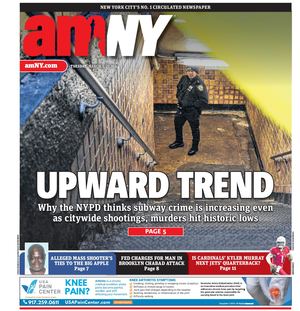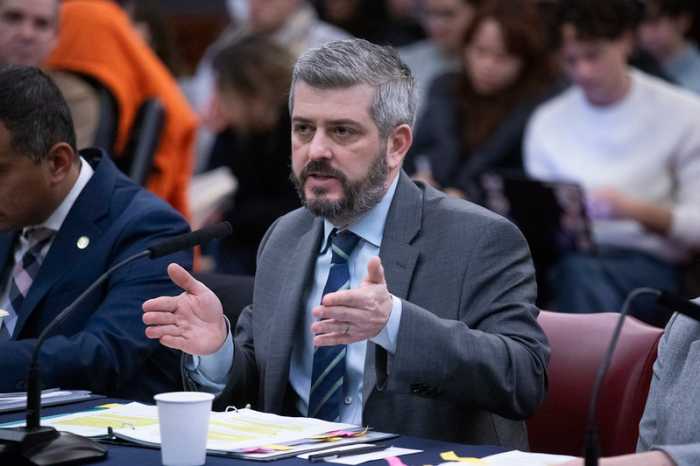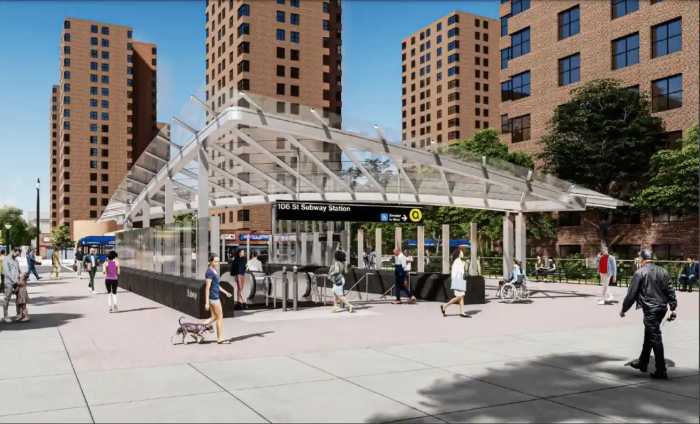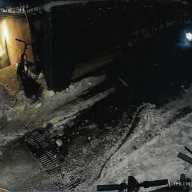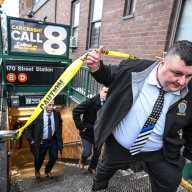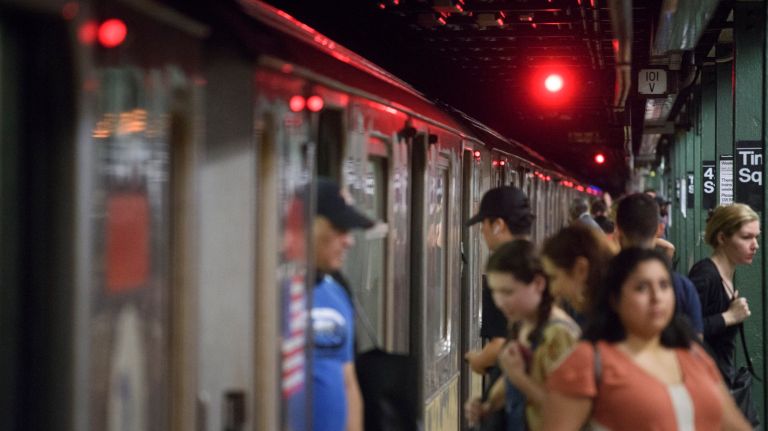
The MTA neglected to properly maintain its subway signals for years, according to a report from the state comptroller’s office released Wednesday.
The vital and frequently failing signals — essentially the traffic lights of the subway — are a major source of delays, according to the MTA, but the agency had failed to execute proper upkeep of the equipment within established schedules, state Comptroller Thomas DiNapoli found in an audit spanning 2015 through Oct. 31, 2017.
“Faced with staff shortages, MTA put off inspections of one of the most critical components of the subway system,” DiNapoli said in a statement. “Transit acknowledges that malfunctioning switches and signals are one of the main causes of train delays and badly in need of repair, but it gave short shrift to preventative checks that could save riders aggravation and inconvenience. The MTA needs to do better. Riders are voting with their feet and leaving the subways for other transportation.”
The audit monitored signal work in two locations: the 6 line in the Bronx and the A line in Queens. It found that about a third of the work scheduled was delayed to be completed outside of established repair cycles.

Reviewing 1,280 activities required between 2015 and May 16, 2017, the comptroller found that 450 of them were completed late. A majority of that work was completed within 10 days late, but 83 tasks were finished between 11 and 170 days late.
MTA maintenance supervisors at the two locations told the comptroller’s office that they lack resources, and that stringent safety rules could inhibit what work could be completed each day.
NYC Transit President Andy Byford responded in DiNapoli’s report that in order to cut down on such delays, the agency has worked to establish a new system to manage its assets, and has since moved to fill vacancies through its $836 Subway Action Plan.
That plan, unveiled a few months before the audit wrapped up, was billed as a short-term approach to stabilize the subway system with new staff. Though the cash-strapped MTA is now budgeting for less than half of the plan’s expected 2,800 new workers, the authority has hired 123 new positions in its signal division, including 91 positions for maintenance and repair and roving emergency response teams.
“This audit reports on prior processes that have long since changed and predates major improvements in signal maintenance,” said MTA spokesman Shams Tarek in a statement. The audit "also ignores a significant path forward for millions of transit riders: The Subway Action Plan started last year has dramatically increased signal maintenance and repair, stabilizing and beginning to turn the tide in reliability, and President Byford‘s Fast Forward Plan, if funded, will bring about the complete overhaul of the entire signal system.”
